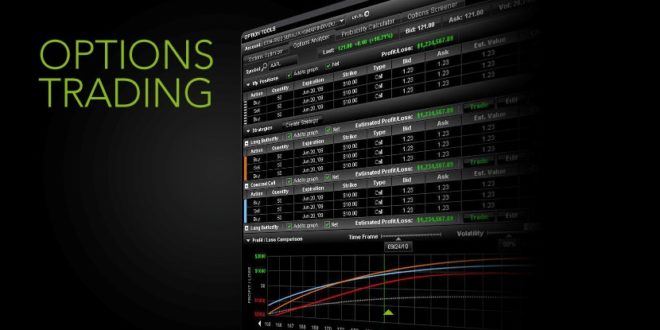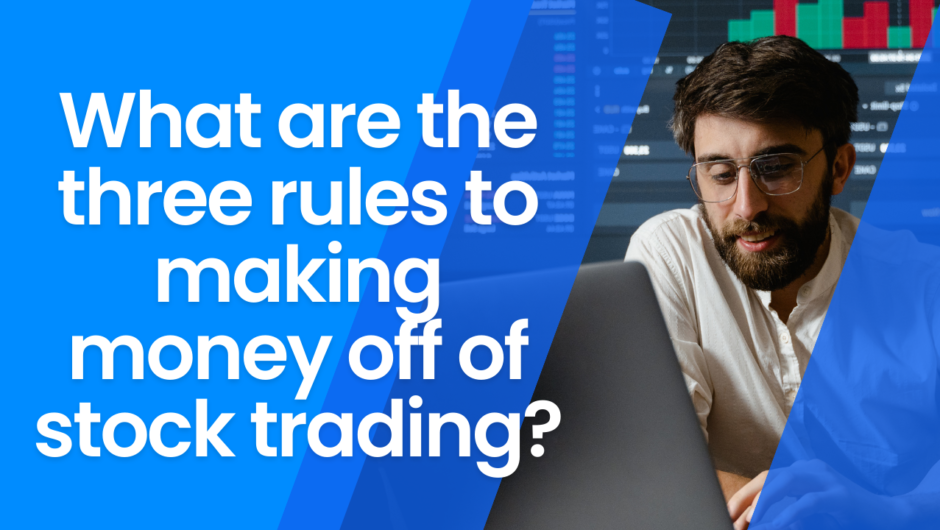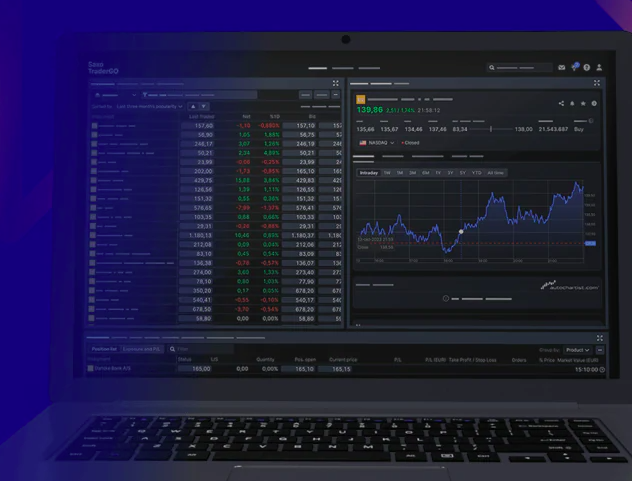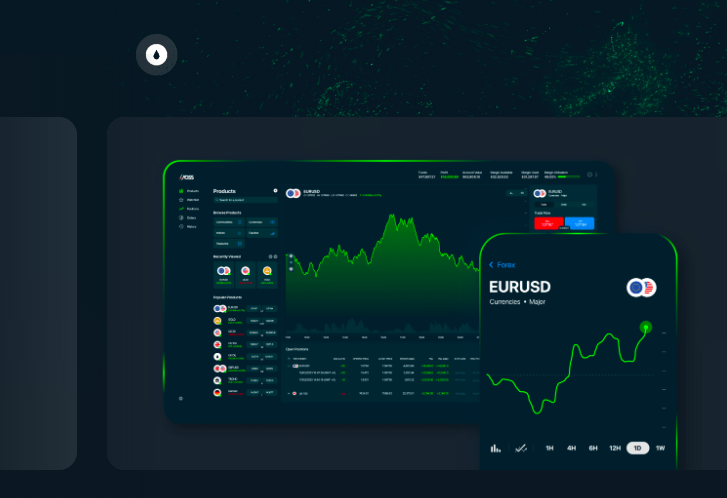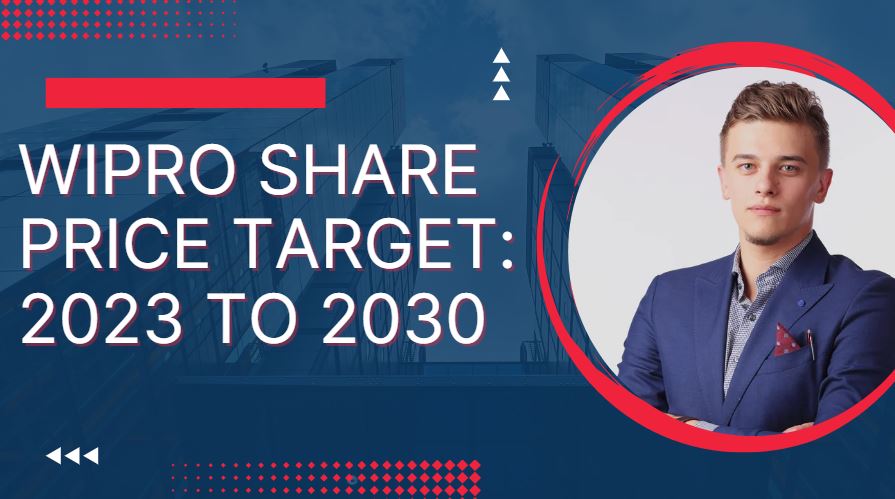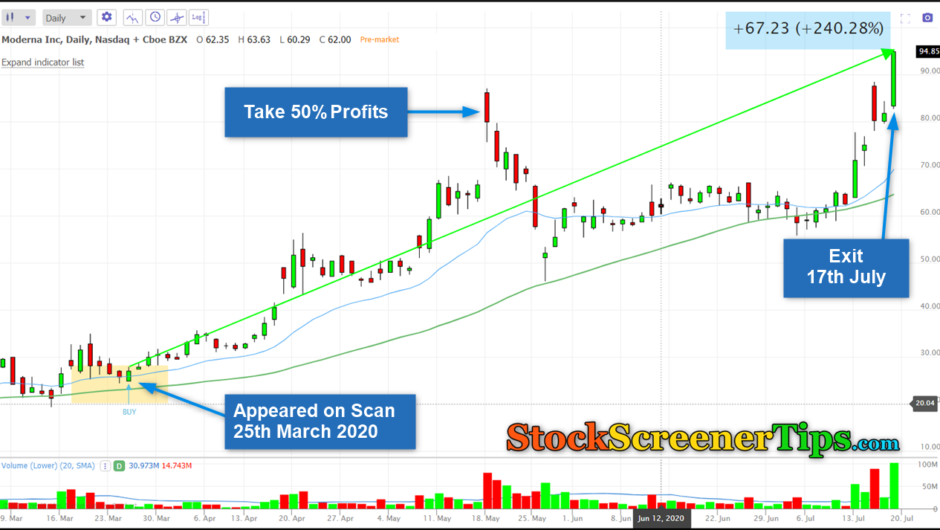Wendy Kirkland’s Weekly Option is a conservative weekly strategy. It is exciting because it can produce results quickly and offers many attractive options.
Investment experts will tell you that you need to invest in the stock market to make money, but that doesn’t protect you from day-to-day fluctuations in the market. Wendy Kirkland’s Weekly Options provide trading tools for upward and downward trends.
Still, volatility fluctuates with market trends, which can quickly eliminate trading accounts based on long term trading strategies. The market is unstable. Use its help to make stable, profitable trades.
This book will introduce you to how to earn money using Weekly Options continuously. The stock chart in it will show what can happen to the stock price. You will learn what tools are needed to make this image and recognize and interpret the visual information it contains.
You will learn how this simple strategy makes the odds of winning work in your favor every time you trade – regardless of stock price fluctuations.
If you are right, you will also learn how to make a small investment to earn huge money, but if the stocks do not move as quickly or as expected, you will only lose a small amount.
The purpose of this book is to introduce you to these tools and show you how to use them to earn money more consistently than previously imagined. This book will help you make money weekly or even daily.
Check out https://wendykirkland.net/ to get her books and strategies.
What is an Option?
In the simplest definition, an option is a choice. In the financial world, opportunities give option owners the right to buy or sell an underlying asset or equity at a predetermined price over a predetermined period.
As the owner of an option, you can buy, sell, or take no action! You pay someone for these rights or options.
Each option contract is based on the price movement of 100 relevant stocks. If you have two contracts, you can control 200 underlying stocks. As mentioned, there are two options: put options and call options.
When you expect stock prices to rise, you can buy call options. When you expect stock prices to drop, you can buy put options. Let’s take a closer look.
Weekly Options
Options are a unique type of investment. They have been around for about 30 years, and for most of those years, only people like Wall Street knew how to trade options. However, until recently, it was an exclusive club.
Now, despite the inherent advantages of trading options, many traders are just starting to use them. As options increase in popularity, so does the number of versions available. A few years ago, options contracts expired every month on the third Friday of the expiry month.
Nobody wants to wait for the monthly payment deadline. You don’t have to do it once a week either. Weekly is an option that expires after a few weeks. It can help investors take advantage of tradable models, market events such as profits, government reporting, and the Federal Reserve announcements.
Weekly Options are currently listed on Thursday and expire on the second Friday or seven trading days after their listing or birth date.
A new week is recorded every week, but a new week that passes in the week of expiry of the regular options is not listed. In a way, the standard option has become once a week.
As an overview course, it will briefly outline the definition of options and their role in the overall market.
You don’t have to be a financial expert to buy and sell options. Still, it does help confuse the terminology used, so let’s start with the choices themselves.
Want to know what financial advisors do for you? – Check it out!
Trading Weekly Options: What to Expect
It will say briefly that you can make significant short-term profits from funds investing in the options market by carefully considering the candidates. You can even sell the contract before the weekly option expires.
By integrating this kind of thinking, you will never use the option to buy the underlying stock. You are not going to use the option, but someone will, and that’s the value of it.
To further explain the options rules, it compares trading call options with trading stocks. The option contract controls 100 shares of the underlying asset, so in this example, Wendy is using Newmont Mining Corp (NEM). You buy 100 stocks, then buy an option contract and compare.
An option premium is an amount paid for controlling the underlying stocks when you buy an option—the option fee increases to a greater extent than the share price. As the share price rises, our options’ value will also increase, and you can sell your options back at higher prices before the expiry date.
If the stock price of Newmont Mining (NEM) becomes $48 per share, the cost of the hundred shares will be $ 4,800.
If the share price rises by $ 2 in two days and you sell the shares, 100 shares will yield $ 200. Your profit is 4.1% of your original investment.
However, if you buy a call option for the same 100 NEM shares, you will pay approximately $ 0.74 per share or $ 74 per 100 shares. These $ 74 control all 100 shares until the expiry date of the option.
Suppose the Newmont price rises by $2. In that case, your option price may also increase by $ 2. This $2 increase or $200 profit is 270% of the starting price you paid for the opportunity.
Using the options leverage, you made a 270% profit on the same underlying instrument. In comparison, the option only made a profit of 4.1% on selling actual shares.
100 shares at $ 48 per share = $ 4,800
An increase of $ 2 x 100 shares = $ 200
New Value = $ 5,000
4.1% profit
1 share out of 100 options contracts, the price per share is $ 0.74 = $ 74
The option price increases by $ 2 x 100 shares = $ 200
New Value = $ 274
Profit = 270%
Overview
As you will see, the weekly options provide traders with some leveraged profits. As you can see from our example, you can start trading with a small number of funds and make high profits.
As your confidence grows, you can get more profit. By careful and precise trading, a profit of $ 200 can be converted into $ 400 and a profit of $ 400 into $ 800. After a while, the trading account will increase, showing compound interest.
Check out the book for more exact explanations and strategies given by Wendy Kirkland.
Here are some books you should read before investing!

Hey, this is Johny Sehgal. I am the owner and caretaker at Finance Jungle. I completed my education in BSC and now heading towards the digital marketing industry. I usually have interests in reading, playing games and watching movies. I also love to write content based on quality information. The main motive of mine is to provide the top and best quality information to my readers. Finance Jungle is the blog for the same.

